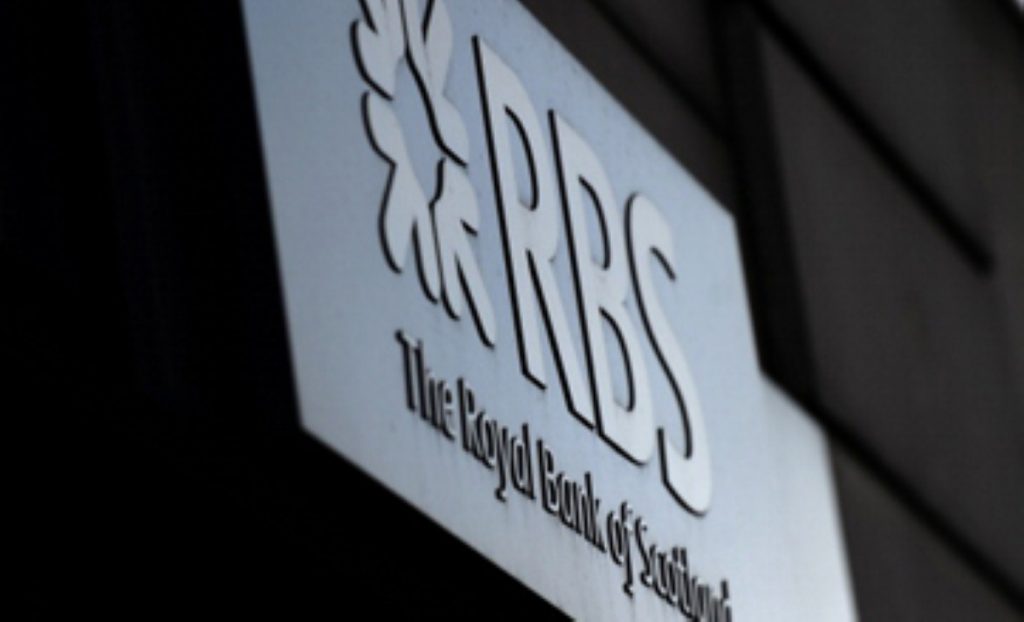RBS boss: ‘We will pay for Libor’
By Cassie Chambers
The Royal Bank of Scotland (RBS), will eventually pay for the Libor scandal, the bank's chief executive said yesterday.
Stephen Hester warned the bank will face reputational and financial consequences from the Libor, telling the Guardian that "[RBS] will have our day in that particular spotlight".
Hester's prediction comes as the Libor scandal sweeps through the UK banking industry, leaving extreme damage to the sector in its wake.


Speaking to the Guardian about the failures of the industry as a whole, Hester said: "An element of banks became detached from society around it, an element was for traders making money for themselves or the banks, and customers [were] the means of making money."
Although Hester does not think the conditions that led to Libor are endemic in the industry, he recognised that the consequences of the scandal will be pervasive.
"Even though when all the Libor [fines] are out most of it is going to be around the wrongdoings of a handful of people at a number of banks," Hester said.
"Those wrongdoings taint a whole industry beyond the handful of people and that makes it a huge problem."
Hester recognised that he too may be tainted by his role in the financial sector, arguing that reputational damage is an inherent risk associated with a high-profile position like his.
"Everyone has to live with the prospect of professional mortality. Chief executive jobs bring with them job insecurity … I've always accepted that part of it is that I will not exit in a way and timing of my choice," Hester said.
He subsequently declined to express sympathy for sacked CEO Bob Diamond, who was recently forced from his post at Barclay's as part of the Libor aftermath.
Although RBS's role in Libor may eventually cost the bank millions of pounds—Barclay's was forced to pay a £290 million pound fine for its role in the scandal—a small upside may be that the industry-wide investigation will shift attention away from RBS's particular problems.
A recent meltdown of the bank's computer systems led to 13 million customers being shut out of their bank accounts for almost a month.
Hester admitted that RBS's focus on implementing new computer systems rather than upgrading current ones was partially to blame for the disaster.
"RBS has seen a big mushrooming in spending on technology. With hindsight maybe a bit more of that increase in spend should have been in the core taken-for-granted systems that work every day. Some of our focus was on the new things people want," Hester told the Guardian.
Still, he said that RBS wants to focus on "putting customers first" and denied that the board was aware of potential problems threatening the computer systems.
Some argue that Hester is leading by example when it comes to "cleaning up" the banking industry.
The chief executive has already waived his 2012 bonus, and he returned his 2011 bonus following public outcry last year.
"Let's set aside if it was fair or not, in this case I thought we … had fallen down on the job," Hester said.
Hester took the reigns at RBS in 2008. He has eighteen months to go in his "clean up" operation at the bailed out bank.
He is expected to resign at the end of his current tenure.
Experts estimate taxpayers are currently losing almost half of their £45 billion investment in the bailed out bank.
Hester warned that recovering taxpayers money from the bailout may take time, due to poor economic circumstances that are making it difficult to sell RBS shares.
Nevertheless, Hester is hopeful that taxpayers will eventually see their money returned.
"The process of the taxpayer getting its money is going to be longer and slower than we hoped in the past because the economy is recovering slower and the regulatory picture has changed," the chief executive said.
"But I believe it will happen … even if it is a lot more slower than we thought."

